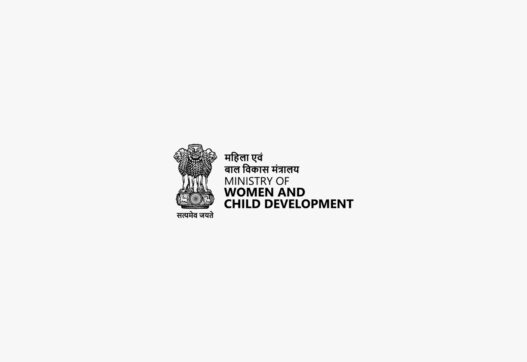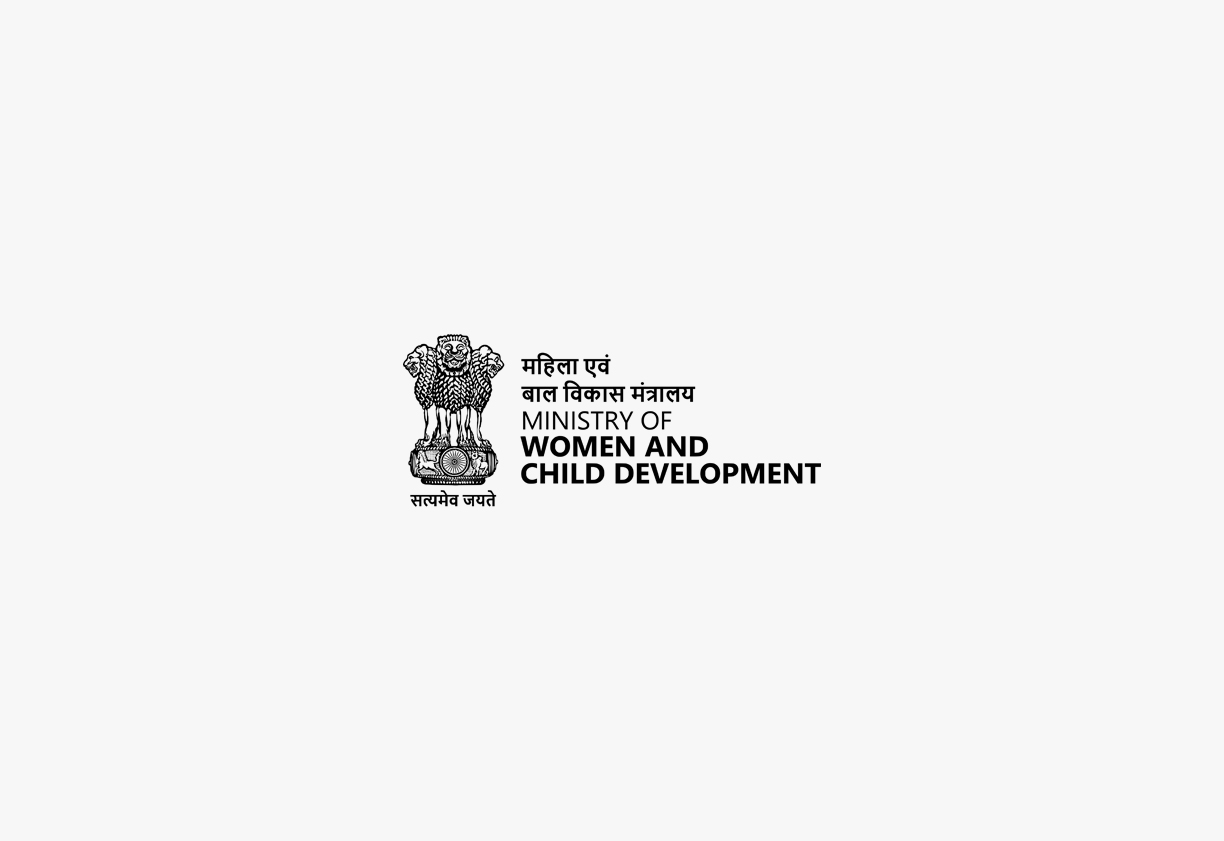Ministry of Women and Child Development
The Infant Milk Substitutes, Feeding Bottles and Infant Foods (Regulation of Production, Supply and Distribution) Act, 1992, commonly known as the IMS Act, regulates the production, supply, and distribution of infant milk substitutes, feeding bottles, and infant foods. The Act recognizes the importance of breastfeeding for infant health and aims to protect and promote it by regulating the marketing practices of companies producing and selling infant milk substitutes and related products. It also seeks to ensure the proper use of infant foods and discourage inappropriate feeding practices. This Act falls under the Ministry of Women and Child Development.
Enactment Date, Number of Chapters, Number of Sections:
The IMS Act was enacted on December 29, 1992, and came into force on August 1, 1993. It consists of 26 sections and is not divided into chapters.
Act Governed By:
The Act is enforced by various authorities, including the Central Government, which has the power to make rules. State Governments also play a role in implementation. Authorized officers, including Food Safety Officers, are empowered to conduct inspections, searches, and seizures.
On Whom It Is Applicable:
The Act applies to all persons and entities involved in the production, supply, distribution, or sale of infant milk substitutes, feeding bottles, and infant foods. It also applies to healthcare systems, health workers, and those involved in advertising or promoting these products.
Penalties/Punishments:
The Act prescribes penalties, including imprisonment and fines, for violations such as advertising infant milk substitutes, offering incentives for their use or sale, making improper donations, not complying with labeling requirements, and inducing health workers to promote their products. Offenses by companies are also addressed.
Important Pointers:
-
Prohibits advertising and promotion of infant milk substitutes, feeding bottles, and infant foods.
-
Restricts the distribution of free samples and gifts.
-
Regulates donations of these products, especially to healthcare systems.
-
Mandates specific information to be included on containers and labels, including a statement emphasizing the superiority of breast milk.
-
Requires educational materials on infant feeding to contain information on the benefits of breastfeeding.
-
Prohibits financial inducements to health workers for promoting infant milk substitutes.
-
Establishes standards for infant milk substitutes, feeding bottles, and infant foods.
-
Empowers authorized officers to enter, search, and seize products in violation of the Act.
-
Provides for confiscation of offending products and penalties for non-compliance.




